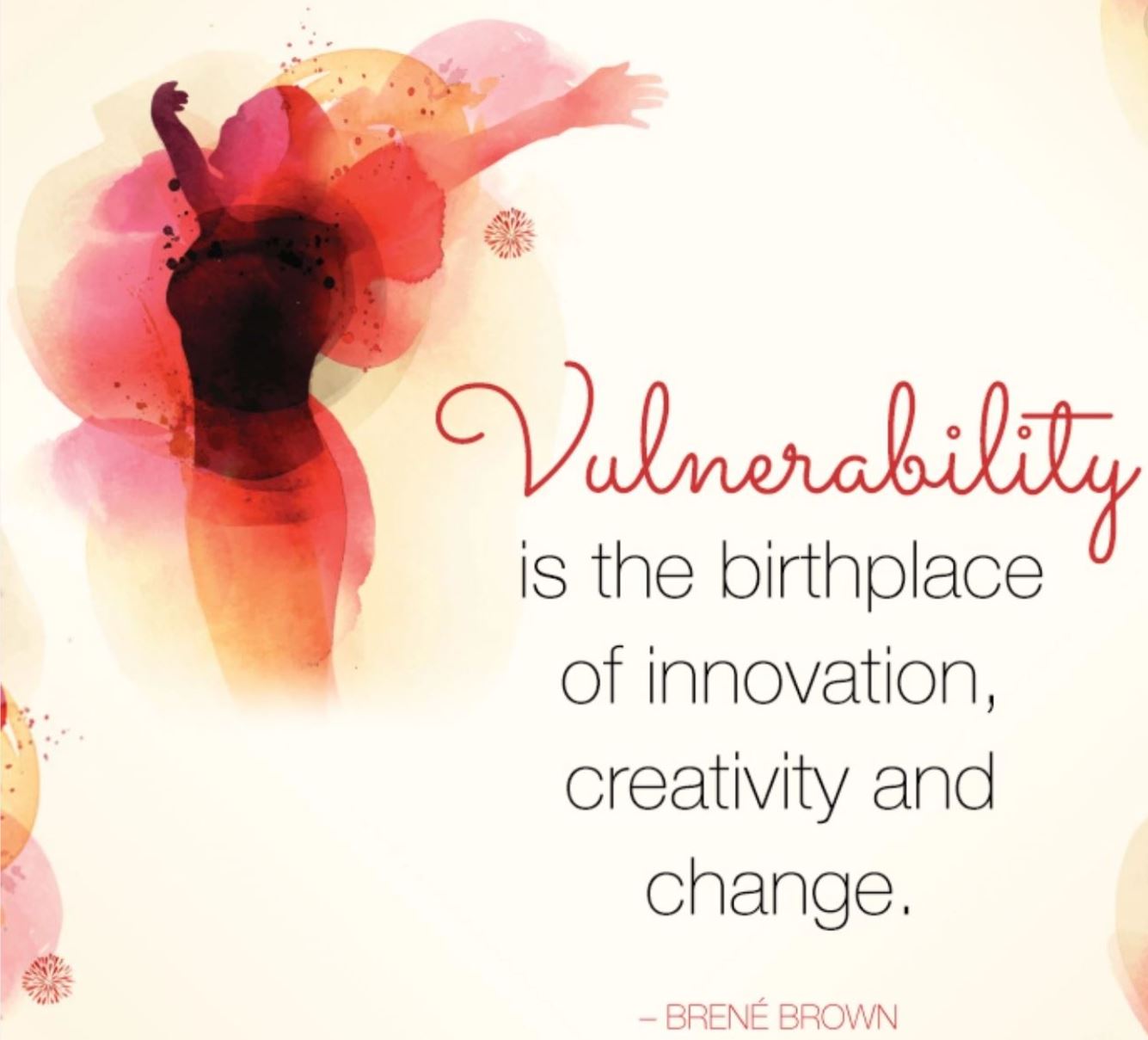
Emotional vulnerability refers to the willingness to be open and honest about one’s feelings, thoughts, and experiences, even if they are uncomfortable or difficult to express. It involves allowing oneself to be seen and heard, without fearing judgment or rejection.
People who are emotionally vulnerable are more likely to develop deeper connections with others, as they are able to share their authentic selves and create a sense of trust and intimacy. However, this can also make them more susceptible to emotional pain, such as rejection or criticism.
Developing emotional vulnerability involves learning to identify and express one’s feelings in a healthy and constructive way. This may involve developing self-awareness, practicing self-compassion, and building trusting relationships with others. It may also involve working through past traumas or negative experiences that may have caused one to shut down emotionally.
By developing emotional vulnerability, individuals can increase their emotional resilience, build stronger relationships, and live more authentic and fulfilling lives. However, it is important to remember that vulnerability is a process and may feel uncomfortable or scary at first. With practice and support, it can become a valuable tool for personal growth and connection with others.
How to Develop Vulnerability
Developing emotional vulnerability can be a challenging process, but it can also be rewarding and transformative. Here are some tips for cultivating vulnerability:
1. Practice self-awareness: Develop an awareness of your emotions, thoughts, and feelings. Pay attention to your body sensations and notice how they relate to your emotional state.
2. Build trust: Develop trusting relationships with people who are supportive and non-judgmental. This can help you feel safe to share your thoughts and feelings without fear of rejection.
3. Be authentic: Be true to yourself and don’t be afraid to express your opinions and feelings, even if they are different from those around you.
4. Practice self-compassion: Be kind and compassionate to yourself, especially when you are feeling vulnerable. Remember that vulnerability is a normal and natural part of being human.
5. Take risks: Challenge yourself to step outside your comfort zone and take risks. This could mean sharing your feelings with someone, trying a new activity, or pursuing a goal that is important to you.
6. Embrace imperfection: Recognize that you are not perfect and that making mistakes is a normal part of life. Embracing imperfection can help you feel more comfortable with vulnerability and reduce feelings of shame or self-doubt.
Remember that vulnerability is a process that takes time and effort to develop. Be patient with yourself and celebrate your progress along the way.
Please visit my website to see my services and book a COMPLIMENTARY CALL.
